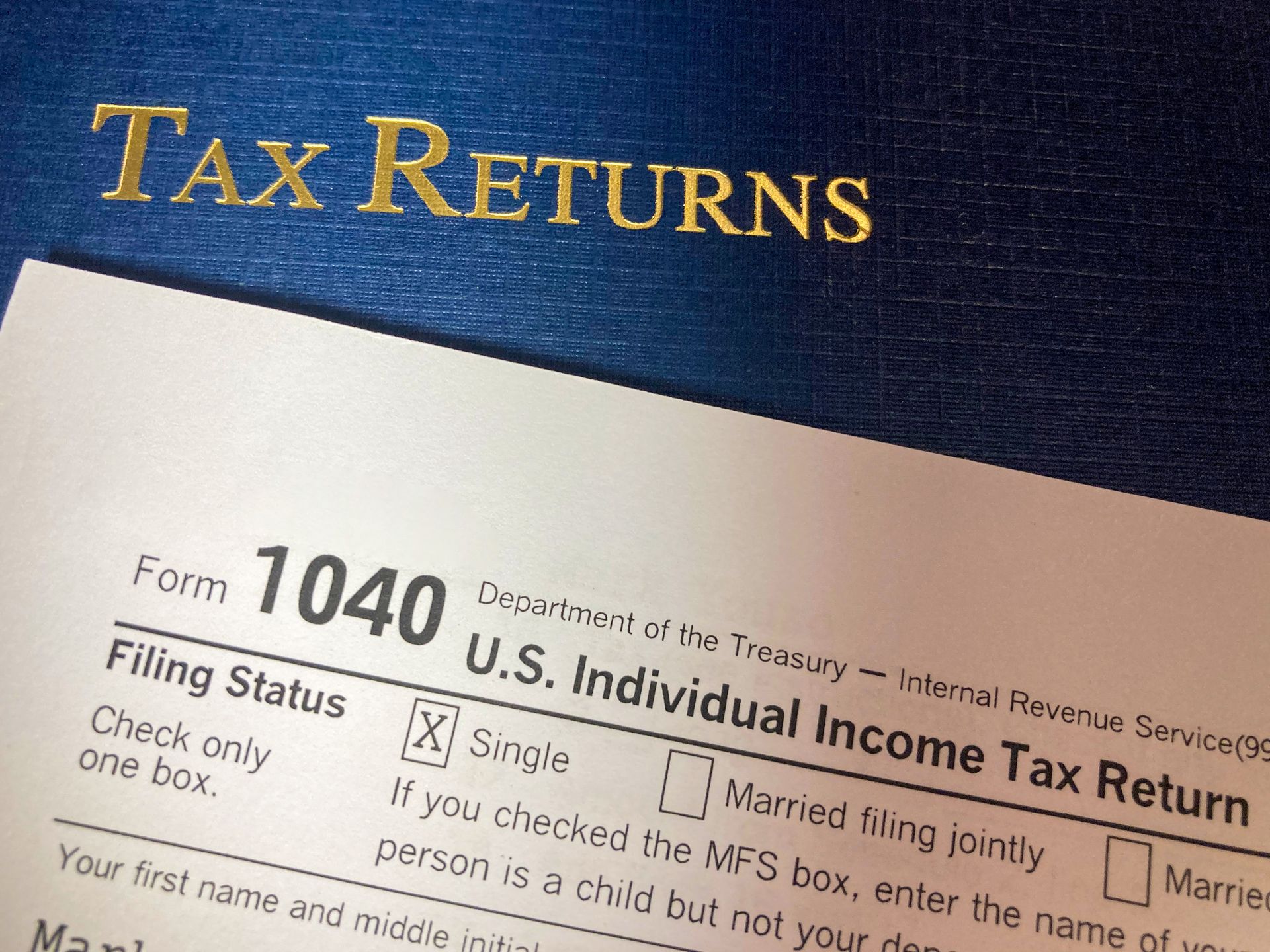Problems with the CARE Act
What the CARE Act is and how it even got this far.
The accountancy issues that arose from the passing of the CARE Act pertained to the manner in which such tax laws and Acts of Congress are typically passed. When an Act is passed, the first step is often for those in favour of an Act paying lobbyists to get the attention of Senators. Eventually, once sufficient pressure has been applied, the legislation will be drafted but often it will not go through on its own and so it must piggyback onto another bill that appears more likely to be passed. In an ideal scenario, the bill will be passed, however there will often be further time-consuming debate over when the bill should become effective in law. The IRS will then begin to study the new law, considering its effect upon all possible tax scenarios. This is subject to a process of debate and public hearings to make it clear exactly what the effect of the new law will be. Finally, the IRS creates regulations on how the law is to be interpreted. Whilst these are usually not law, they can be relied upon when filing taxes and so their intent must be clearly understood. All in all, a tax law which stands to make major changes can take several years to get all of the nuances ironed out.
In the case of the CARE Act this was especially problematic as an intense, potentially 18 month or more, process had to be reduced down to a mere 10 days.
As an organisation, the IRS was understaffed prior to COVID. By March 30th 2020, all IRS employees had been directed to leave their facilities and conduct their work from home. On the same day, it was announced that the distribution of the economic stimulus payments would begin in 3 weeks. If 2019 returns had already been filed, this information would be used to determine eligibility for the payments. If not, information from 2018 returns would be used. This left a severely understaffed IRS, forced to work from home, in the middle of tax season attempting to come up with a solution as to how to distribute 100-million stimulus checks. In the next blog, I will discuss where these events left us as accountants at home.











